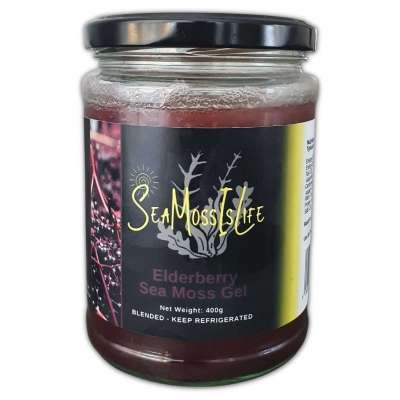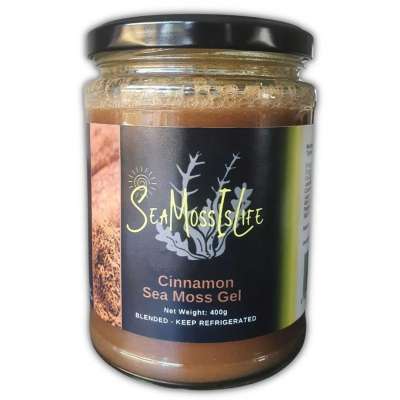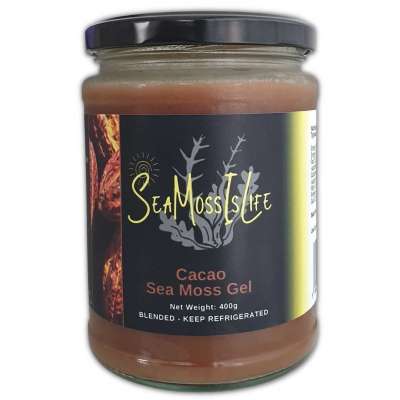Your history dose for the afternoon.
On this day in 1774 Rhode Island becomes first colony to prohibit importation of enslaved individuals (Kidnapped Afrikan people, prisoners of war & relations betrayed into slavery).
Rhode Island was heavily involved in the slave trade during the post-Revolutionary era prior to industrialisation. In 1652, Rhode Island passed the first abolition law in the Thirteen Colonies banning slavery, but the law was not enforced by the end of the 17th century. By 1774, the enslaved individuals population of Rhode Island was 6.3 percent, nearly twice as high as any other New England colony.
In the late 18th century, several Rhode Island merchant families began actively engaging in the triangle trade, most notably the Browns for whom Brown University is named. In the years after the Revolution, Rhode Island merchants controlled between 60 and 90 percent of the American trade in Afrikan slaves. In the 18th century, Rhode Island's economy depended largely upon the triangle trade; Rhode Islanders distilled rum from molasses, sent the rum to Afrika to trade for slaves, and then traded the slaves in the West Indies for more molasses.
Stephen Hopkins, a signer of the Declaration of Independence, introduced a bill while serving in the Rhode Island Assembly in 1774 that prohibited the importation of enslaved individuals into the colony, and this became one of the first anti-slavery laws in the United States. In February 1784, the Rhode Island Legislature passed a compromise measure for gradual emancipation of enslaved individuals within the state. All children of enslaved individuals born after March 1 were to become apprentices, the girls to become free at 18, the boys at 21. By 1840, the census reported only five former Afrikans enslaved in Rhode Island.
However, the international slave trade continued despite the antislavery laws of 1774, 1784, and 1787. In 1789, an Abolition Society was organised to secure enforcement of existing laws against the trade. Leading merchants continued to engage in the trade even after it became illegal, especially John Brown and George DeWolf, but slaving was no more than a minor aspect of Rhode Island's overall maritime trade after 1770.
By the mid-19th century, many Rhode Islanders were active in the abolitionist movement, particularly Quakers in Newport and Providence such as Moses Brown. The Free African Union Society was America's first African benevolent society, founded in Newport in 1780. Rhode Island's Constitution finally emancipated all enslaved individuals in 1843 in Section 4, "Slavery shall not be permitted in this state.
Contributing to our consciousness of the past, to illuminate the present, thus enabling us to more effectively influence and foretell the future.
Have a great afternoon.
Welcome! Come and join us in the frontroom.





